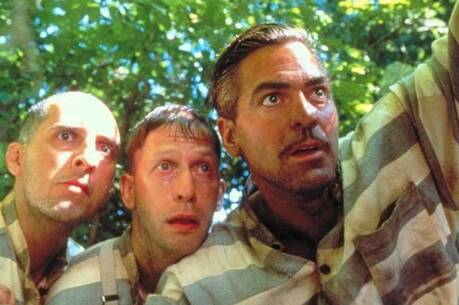In this first day following the release of "Laudato Si'," a number of California’s bishops released statements praising the document. Writing in Los Angeles’ archdiocesan newspaper The Tidings, Archbishop Jose Gomez noted the pope’s persistent call on humanity “to restore our sense of responsibility for others.” “What strikes me on my first read of the encyclical,” he writes, “is the sense of urgency and the personal tone. Laudato Si is not so much a work of politics or economics—it is a moral and spiritual reflection on our times.”
Bishop Michael Barber of the diocese of Oakland likewise stated, “This is a teaching document, not a set of policy proposals.” “The Pope,” he writes, “is giving us the opportunity to reflect about a crucial question: ‘What kind of world do we want to leave to our kids and grandkids?’”
While some journalists have described the initial reaction of American prelates to the encyclical as muted, Barber spoke of the significance of the encyclical in no uncertain terms, writing “I believe this Encyclical will make as profound impact on the world as Pope John XXIII’s Letter on Peace Pacem in Terris, did in 1963. I pray the world will listen, beginning with our own Church and country.”
In a press release Stockton Bishop Stephen Blaire similarly welcomed the encyclical “with enthusiasm,” pointing out that its subject matter “carries particular significance” in his diocese, whose regions are “facing unprecedented ecological challenges with drought, risk of wildfire, and dangerously poor air quality.”
Writing from the diocese of Orange, Bishop Kevin Vann noted that “Laudato Si” does not represent some radically new teaching of the church, but rather the newest part of a “‘Papal Magisterium’ on creation and the environment” that stretches back through the teachings of Pope Benedict XVI and Pope John Paul II.
Sacramento Bishop Jaime Soto, too, suggested that “Laudato Si” represents a natural extension of decades of moral reflection: “Pope Francis, standing on the moral legacy of his most recent predecessors, wraps the whole planet into a consistent culture of life.”
“A culture of life must cultivate a climate of life and hope for people around the globe.”
Facing a historically unparalleled drought causing hardship to many in California—particularly the state’s poorest members, one that has led Governor Jerry Brown to insist on unprecedented reductions in water usage for every sector of the state, California is in many ways on the front lines of climate change conversation in the United States.







